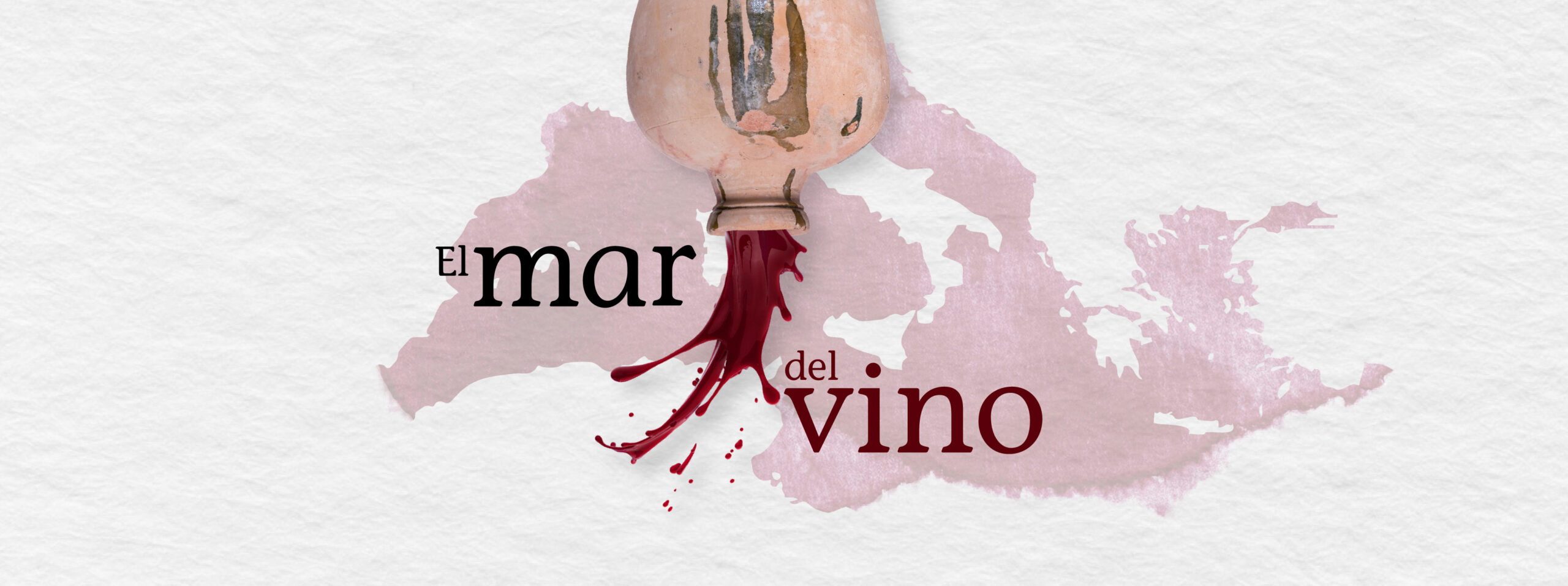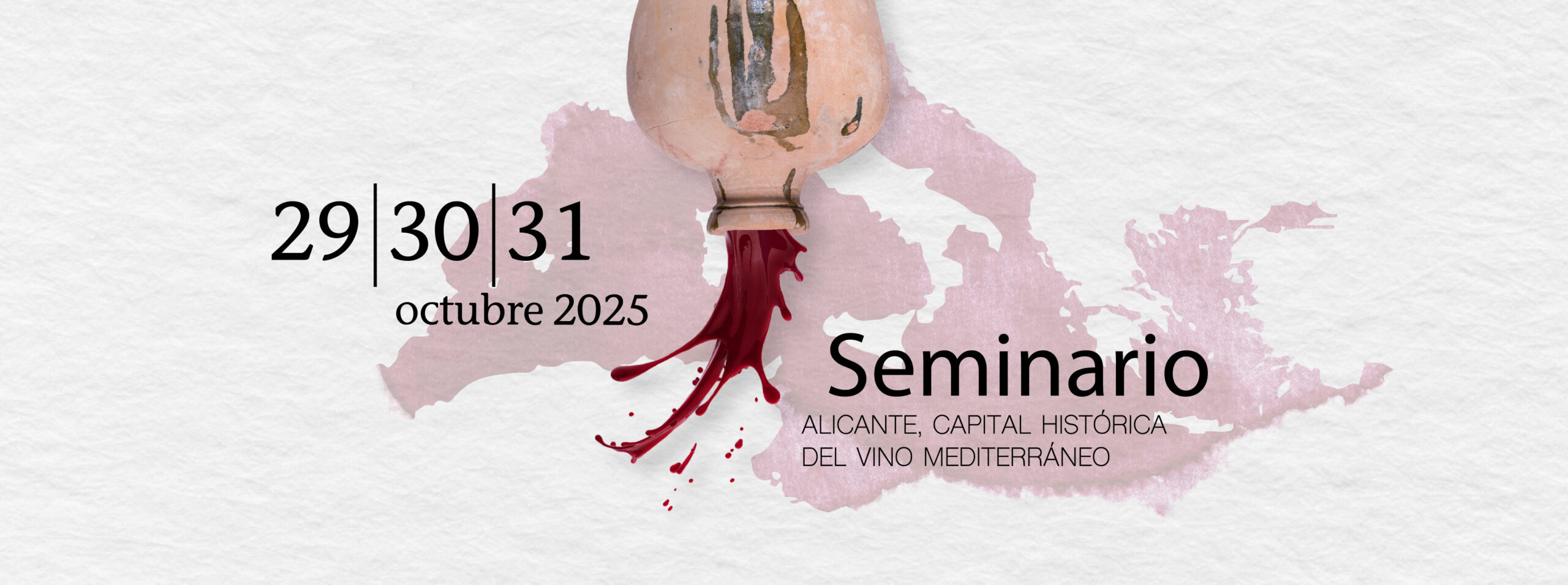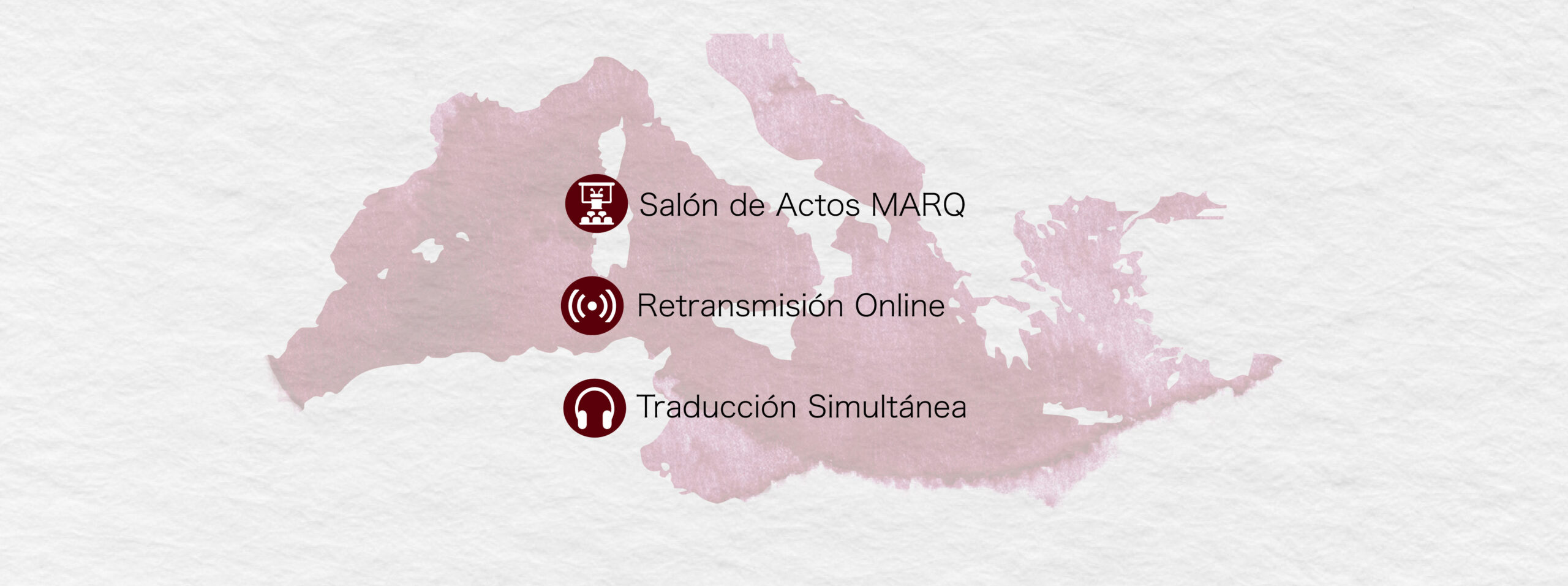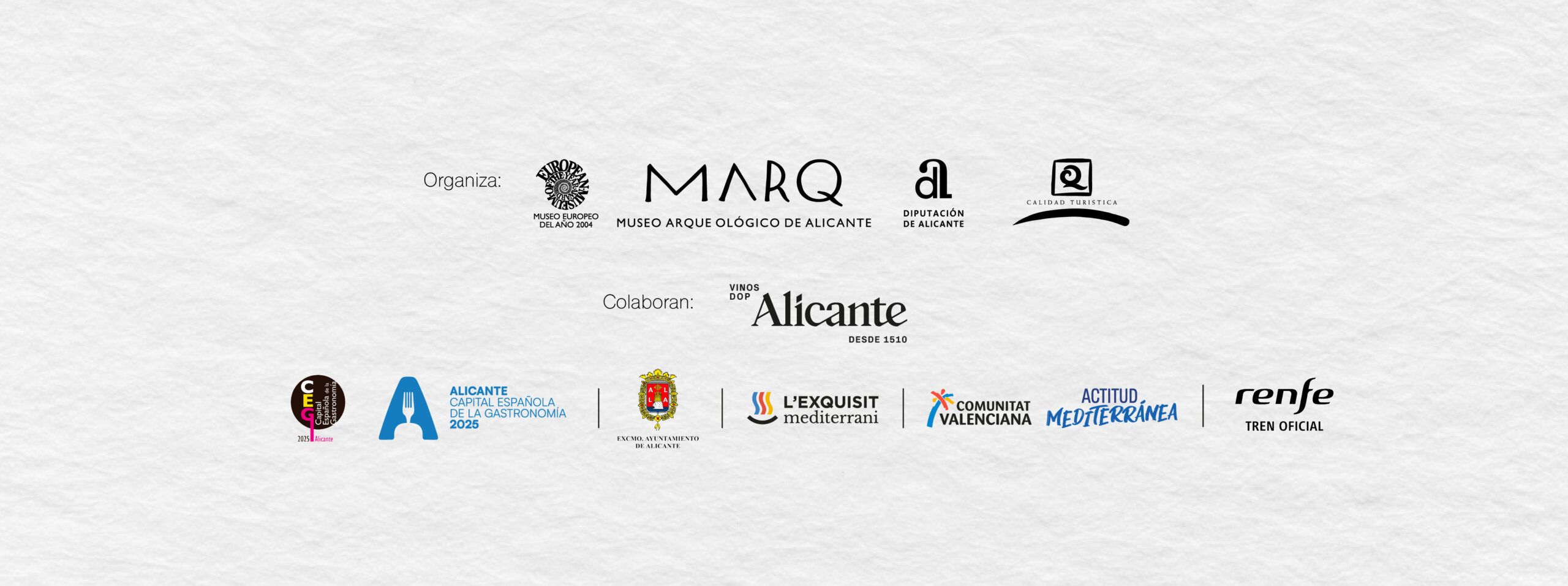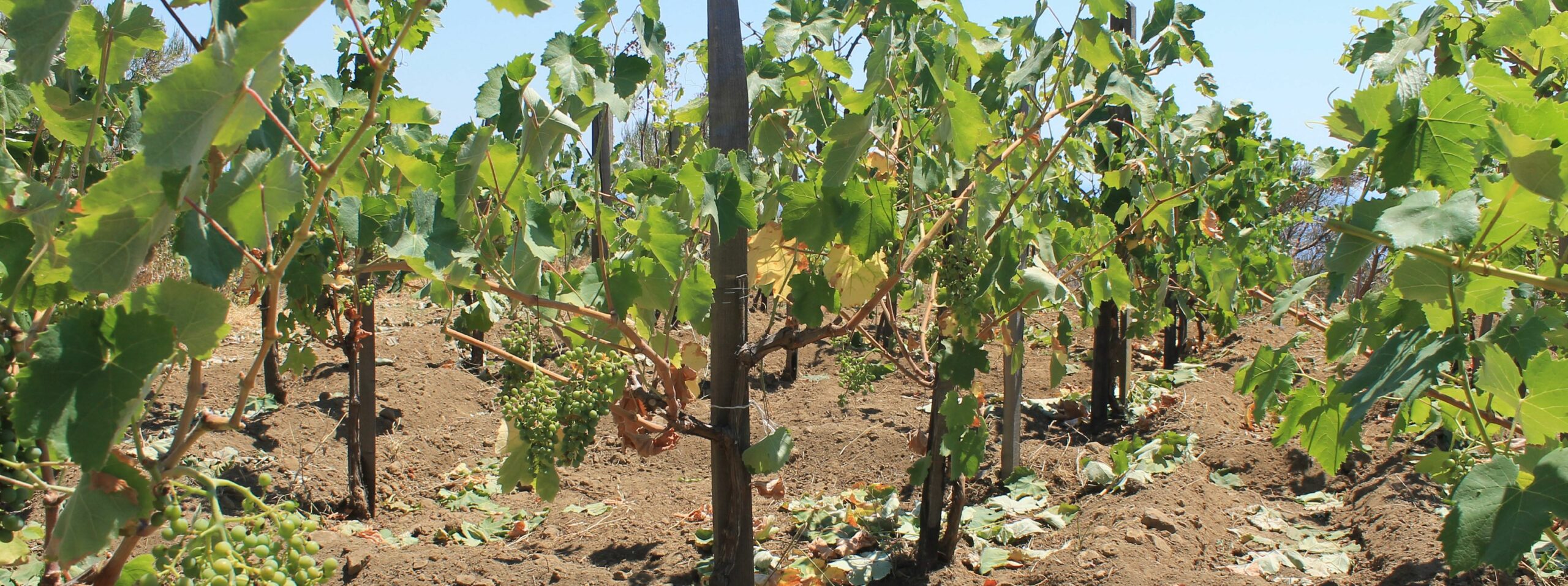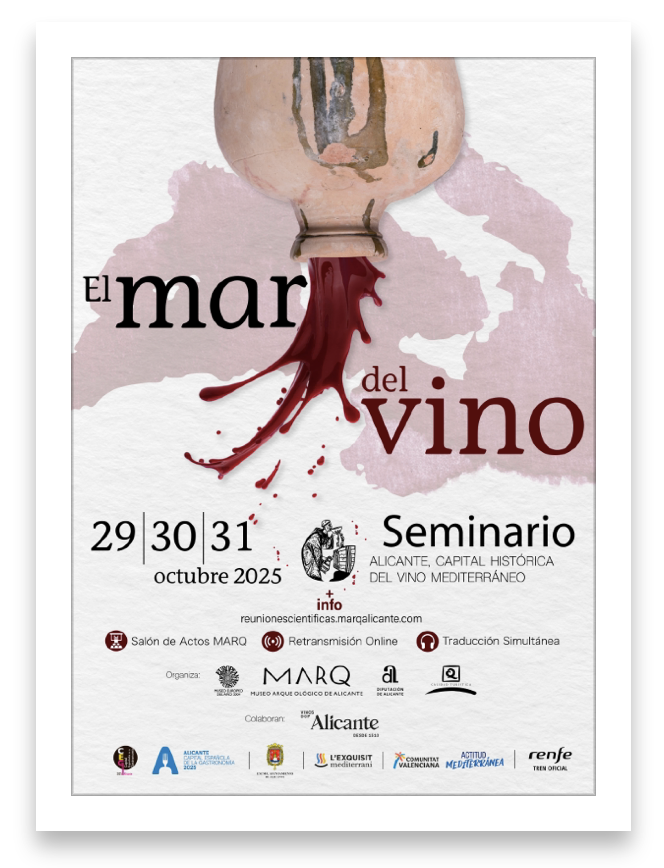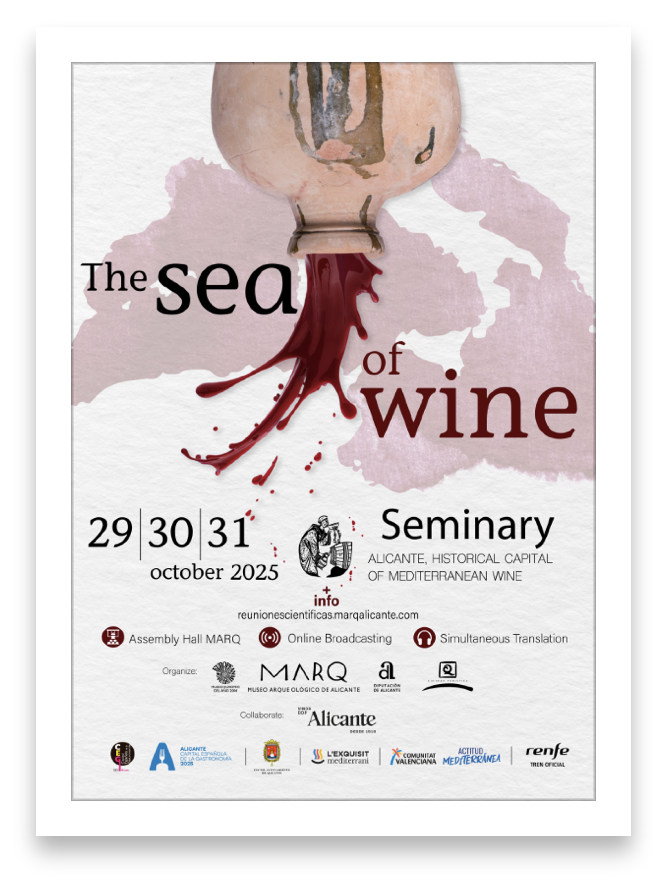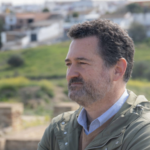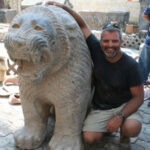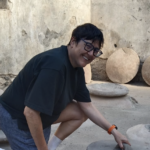Desde el inicio de los tiempos el mar Mediterráneo, nuestro Mare Nostrum ha sido una de las encrucijadas más importantes en la Historia. Unas veces, actuó como una barrera y otras, como un puente entre tres continentes, habitados por múltiples y también diversos grupos humanos. Se habla con frecuencia de identidad marítima y se buscan antecedentes comunes en los diversos idiomas que se hablan en las naciones que lo rodean, para mostrar un claro nexo común.
Uno de los productos generados en todas las cuencas mediterráneas y que más nos representa desde el inicio de los tiempos es, sin duda alguna, el VINO.
En nuestra dieta mediterránea, declarada Patrimonio Inmaterial de la Humanidad en 2023, el vino ejerce un papel crucial como uno de los fundamentos de la identidad y la continuidad cultural de las comunidades de la cuenca mediterránea. El vino engrandece ese momento de intercambio y comunicación social, y también de afirmación y renovación de los lazos que conforman la identidad de la familia, el grupo o la comunidad. La salvaguarda de este patrimonio alimentario y culinario sólo es posible a través de un ejercicio de identidad común y el vino es el puente ideal para establecerlo.
Since the beginning of time, the Mediterranean Sea, our Mare Nostrum, has been one of the most important crossroads in history. At times, it acted as a barrier and at others, as a bridge between three continents, inhabited by multiple and also diverse human groups. Maritime identity is often spoken of and common antecedents are sought in the various languages spoken in the surrounding nations to show a clear common link.
One of the products generated in all the Mediterranean basins and which has represented us most since the dawn of time is undoubtedly WINE.
In our Mediterranean diet, declared Intangible Heritage of Humanity in 2023, wine plays a crucial role as one of the foundations of the identity and cultural continuity of the communities of the Mediterranean basin. Wine enhances this moment of social exchange and communication, and also of affirmation and renewal of the ties that make up the identity of the family, group or community. The safeguarding of this food and culinary heritage is only possible through an exercise of common identity and wine is the ideal bridge to establish it.
Por ello, a lo largo de la historia del Mare Nostrum, la uva y el vino han sido venerados por todas las sociedades convirtiéndose en un alimento esencial, también en un medicamento, cargado de un enorme simbolismo religioso y cultural. Su vitalidad y su naturaleza trepadora simbolizaban la conexión de lo humano con lo divino. El vino pasó a considerarse la sangre de la tierra, profundizando en el eterno vínculo que la humanidad mantiene con la naturaleza. Los vinos mediterráneos son fuertes, intensos, sólidos y estructurados, de aromas dulces y cálidos, gracias a sus peculiares terroirs y a unas excepcionales condiciones climáticas.
Alicante ha sido una región vitivinícola histórica en el Mediterráneo con un pasado que se remonta hasta los 3.000 años de antigüedad. Su crecimiento en los siglos posteriores fue enorme, convirtiéndose en un producto estratégico clave que nos hizo conocidos y apreciados en todo el mundo conocido generando la denominación de origen más antigua del mundo: Alicante 1510. Por entonces y durante varias centurias, decir Alicante en cualquier lugar del mundo era asociarlo inmediatamente al vino. Desde el Nuevo Mundo, pasando por la vieja Europa hasta el Oriente, más allá de la Sublime Puerta en Estambul, se hablaba de nuestro vino y se consumía con reverencia.
Recorrió las cortes de reyes, las mesas de los nobles acaudalados, entró en las casas de los artesanos, y se bebió con alegría en las tabernas de pueblos y ciudades. Decir Alicante era conectar con valores inalterables como la tradición, el buen hacer, la paciencia, el trabajo, el cariño, la sensibilidad, o el amor por un producto bien hecho. Decir Alicante era asociarlo con un color, como hoy hacemos con el Burdeos. Cualquier persona, por muy lejos que estuviera y aunque nunca hubiera pisado nuestra tierra ni visto sus paisajes ni bebido sus vinos, entendía y relacionaba con nosotros ese rojo intenso y oscuro de nuestras uvas, lleno de fuerza, olor y pasión por la tierra.
Por todo ello, la celebración de este seminario internacional dedicado al vino mediterráneo ofrece la oportunidad para reencontrarse con un pasado milenario y recuperar la memoria de un producto básico en nuestra vida. En 2025, Alicante ostenta la capitalidad gastronómica y se postula en esos días como el epicentro de los vinos históricos del Mediterráneo. Viajaremos por Georgia, Armenia, Egipto, Grecia, Italia, Francia, Portugal, Hungría y la Península Ibérica gracias a las ponencias de un excepcional grupo de especialistas que han consagrado su vida al estudio de la historia y producción del vino mediterráneo, con proyectos que hoy son auténticas referencias a nivel mundial.
Conoceremos los hallazgos en las bodegas más antiguas del mundo, viajaremos hasta los centros de producción vitivinícola mejor conservados, asistiremos al encuentro de los vinos líquidos más antiguos del mundo y al encuentro de las principales denominaciones de origen históricas que existen en el Mediterráneo. Un plantel de lujo para presentar Alicante como capitalidad histórica del vino mediterráneo.
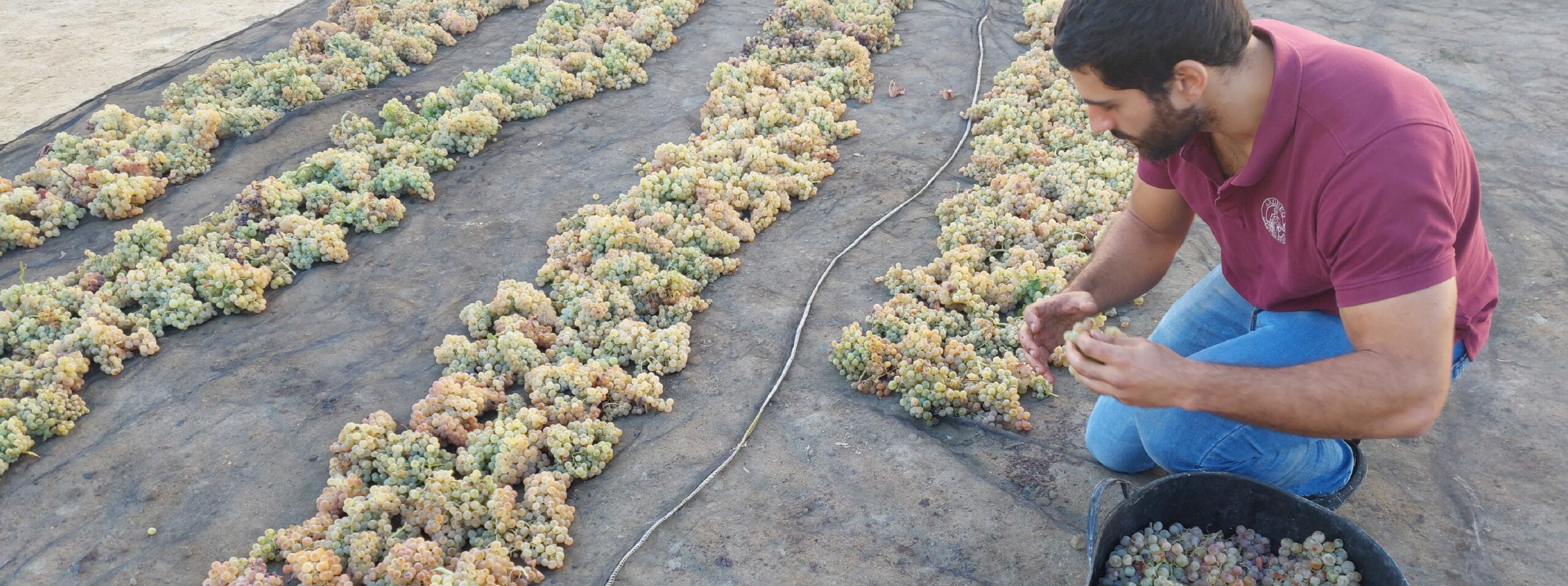
Comparte y difunde el SEMINARIO "EL MAR DEL VINO"
DescargarShare and spread the SEMINARY "THE SEA OF WINE"
DOWNLOAD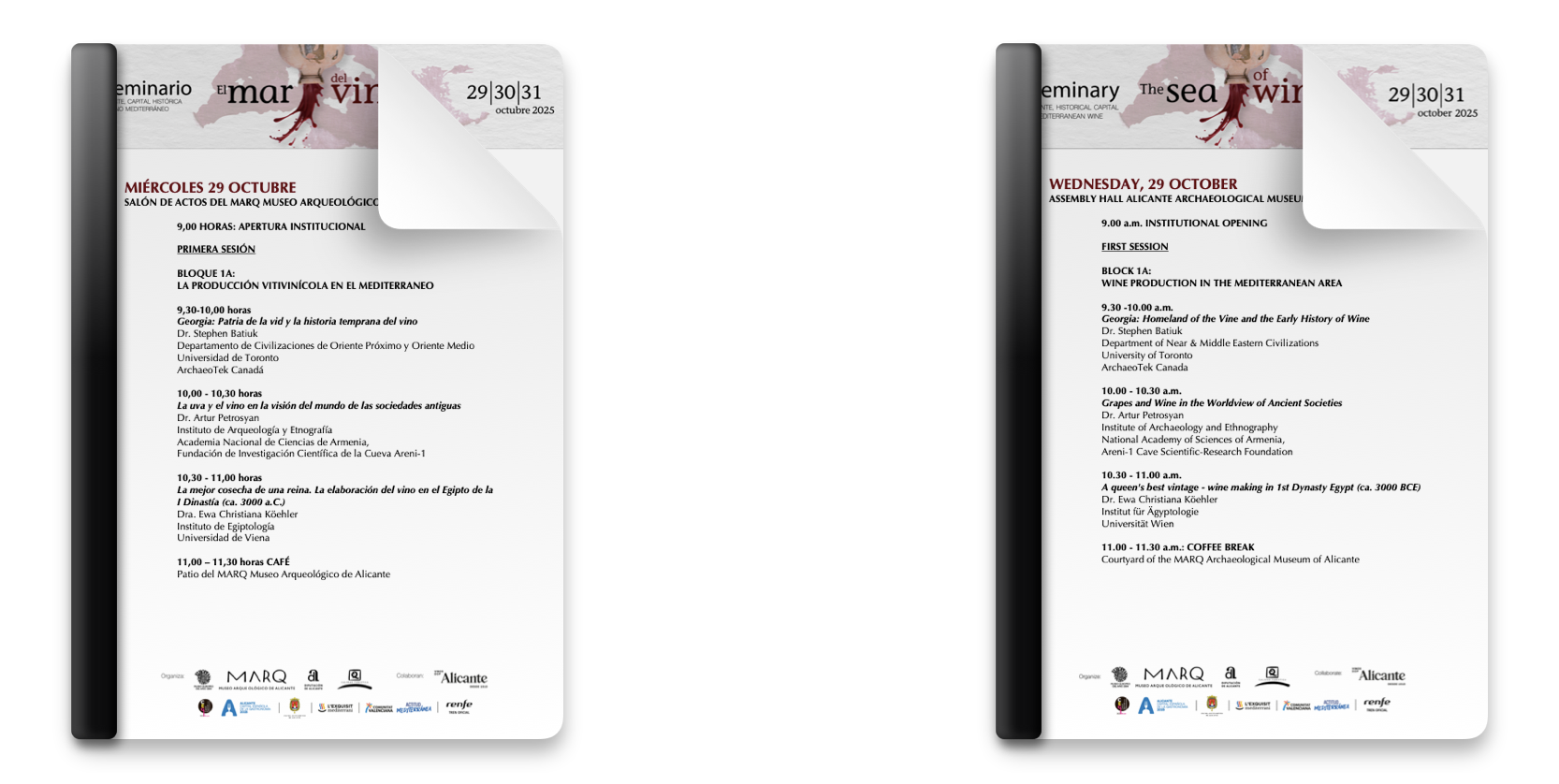
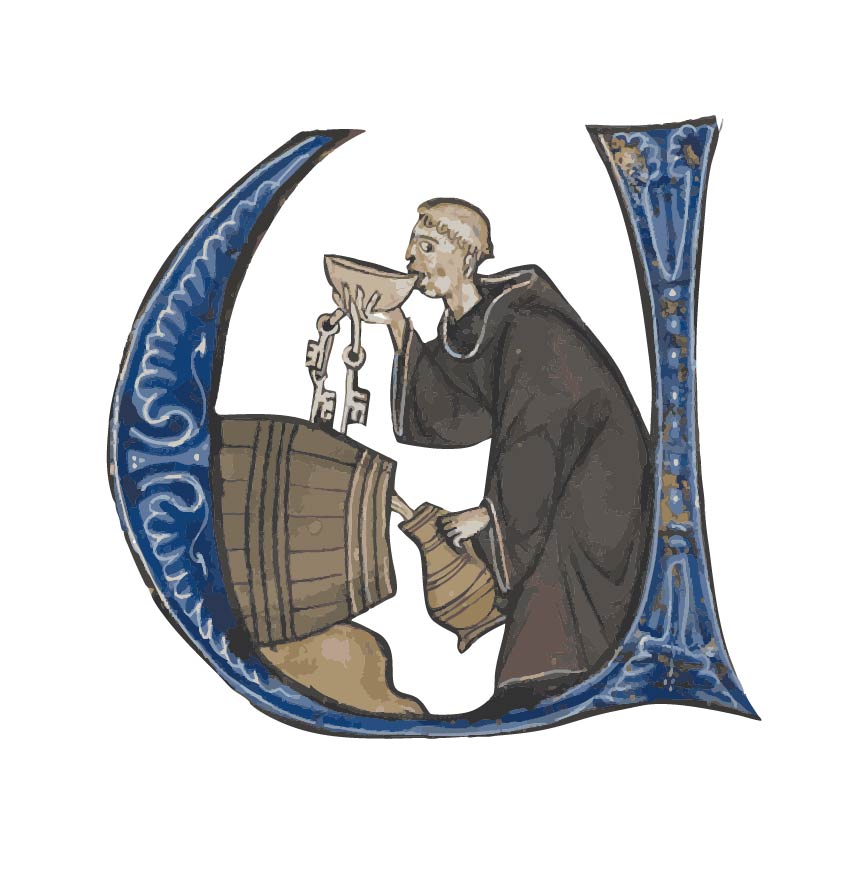
Abierto el plazo de inscripción / Open the registration period
INSCRÍBETE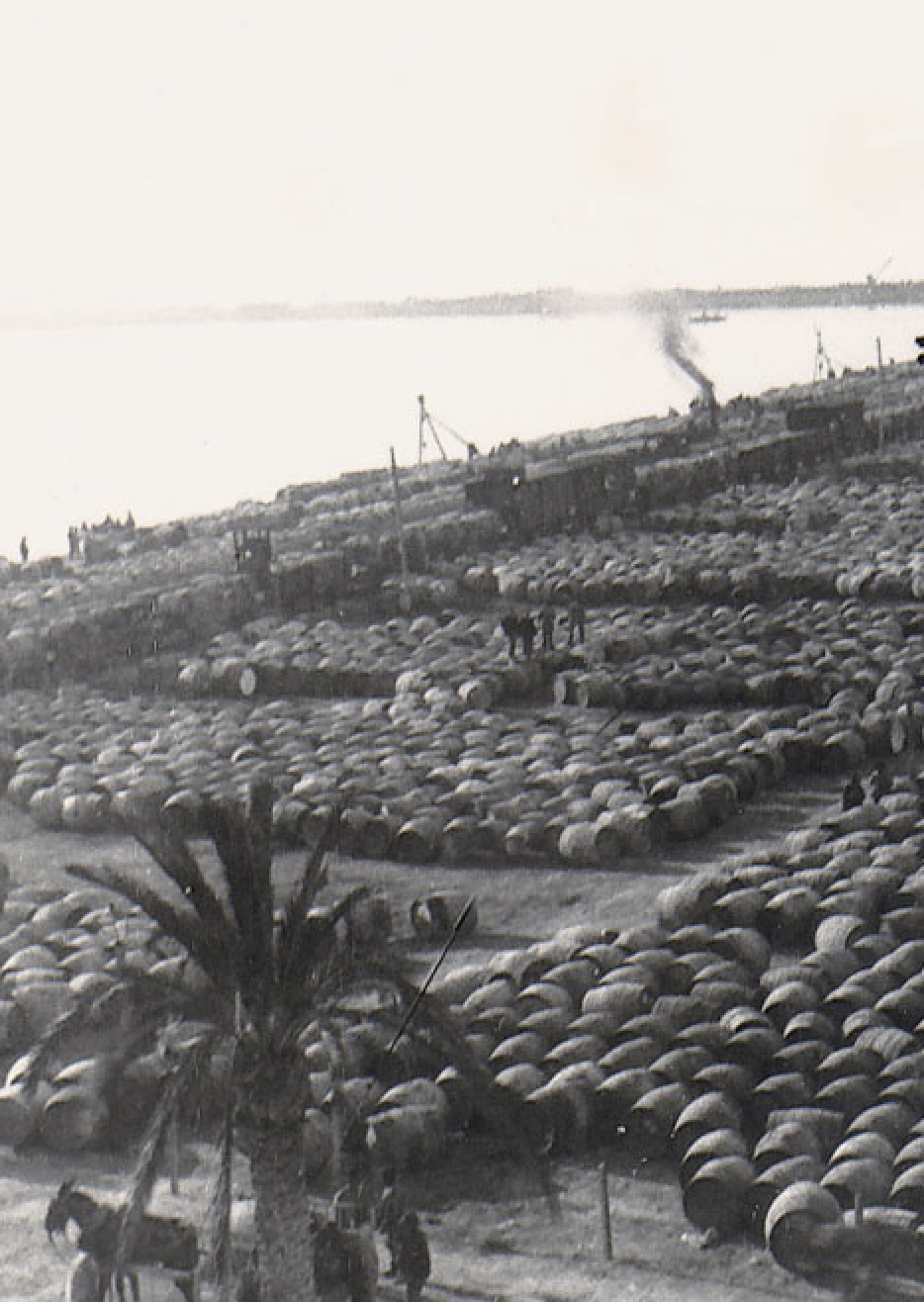
For this reason, throughout the history of the Mare Nostrum, grapes and wine have been venerated by all societies, becoming an essential food and also a medicine, loaded with enormous religious and cultural symbolism. Its vitality and climbing nature symbolised the connection of the human with the divine. Wine came to be considered the blood of the earth, deepening the eternal bond that humanity maintains with nature. Mediterranean wines are strong, intense, solid and structured, with sweet and warm aromas, thanks to their peculiar terroirs and exceptional climatic conditions.
Alicante has been a historic wine-growing region in the Mediterranean with a past that goes back as far as 3,000 years. Its growth in the following centuries was enormous, becoming a key strategic product that made us known and appreciated all over the known world, generating the oldest denomination of origin in the world: Alicante 1510. At that time and for several centuries, to say Alicante anywhere in the world was to immediately associate it with wine. From the New World, through old Europe to the East, beyond the Sublime Gate in Istanbul, our wine was spoken of and consumed with reverence.
It travelled through the courts of kings, the tables of wealthy nobles, entered the houses of artisans, and was drunk with joy in the taverns of towns and cities. To say Alicante was to connect with unalterable values such as tradition, good work, patience, work, affection, sensitivity, or the love for a well-made product. To say Alicante was to associate it with a colour, as we do today with Bordeaux. Anyone, no matter how far away they were and even if they had never set foot on our land, seen its landscapes or drunk its wines, could understand and relate to us that intense, dark red of our grapes, full of strength, smell and passion for the land.
For all these reasons, the celebration of this international seminar dedicated to Mediterranean wine offers the opportunity to reconnect with a millenary past and to recover the memory of a basic product in our lives. In 2025, Alicante will hold the gastronomic capital and will be the epicentre of the historical wines of the Mediterranean. We will travel through Georgia, Armenia, Egypt, Greece, Italy, France, Portugal, Hungary and the Iberian Peninsula thanks to the presentations of an exceptional group of specialists who have devoted their lives to the study of the history and production of Mediterranean wine, with projects that today are authentic references worldwide.
We will learn about the findings in the oldest wineries in the world; we will enjoy the most innovative experiences in the study of historical wine; we will travel to the best preserved wine production centres; we will attend the meeting of the oldest liquid wines in the world and a unique meeting of the main historical designations of origin that exist in the Mediterranean. A luxury line-up to present Alicante as the historic capital of Mediterranean wine.
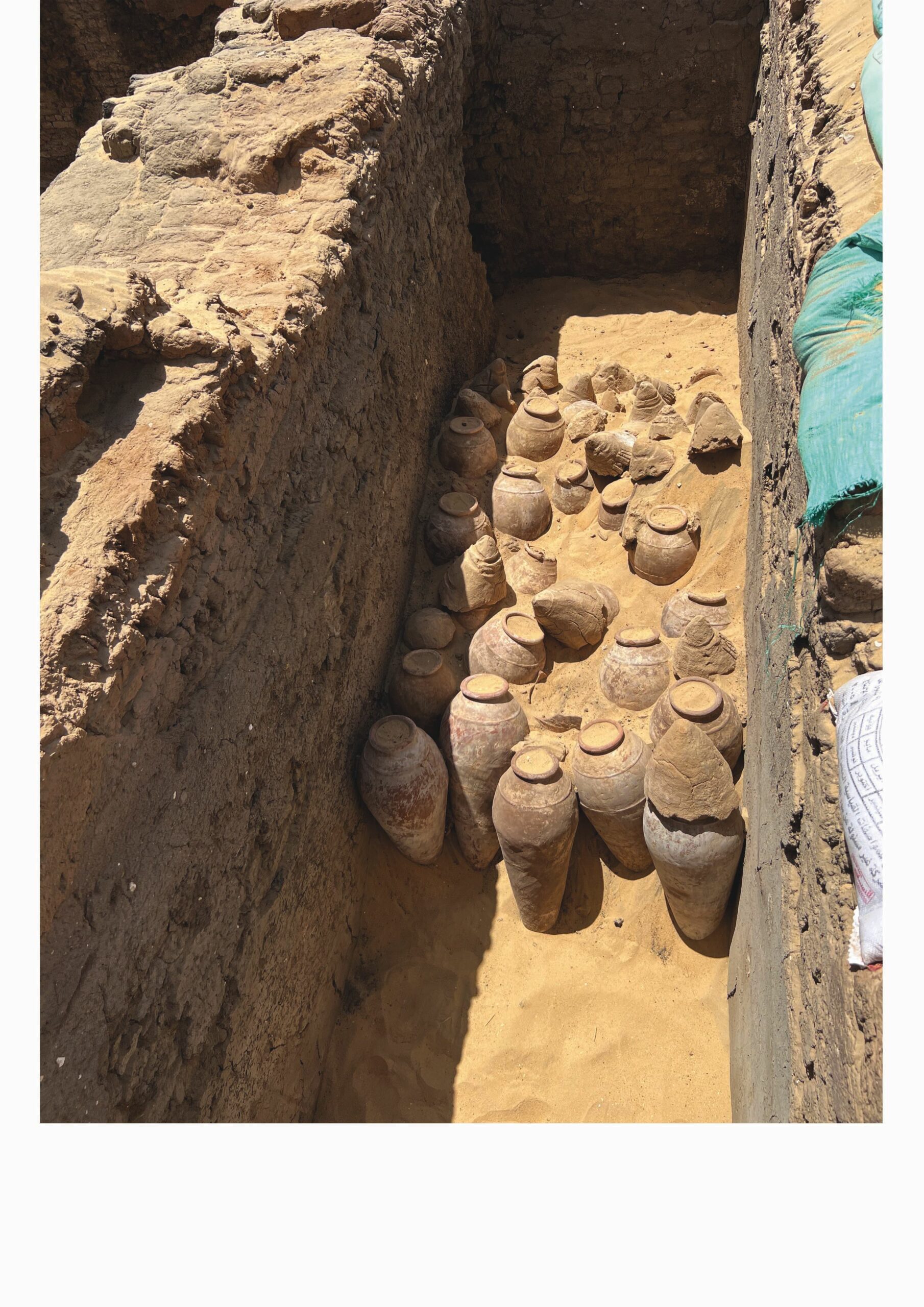
EVENTOS ASOCIADOS / EVENTS ASSOCIATED
En paralelo al desarrollo del seminario, en horario de tarde y noche se han organizado una serie de catas y eventos relacionados con la temática del seminario, destinados a convertir la ciudad de Alicante en el centro del vino mediterráneo.
In synchronisation with the seminar, a series of tastings and events related to the theme of the seminar were organised in the afternoons and evenings, aimed at making the city of Alicante the centre of Mediterranean wine.
MÁS INFORMACIÓN/ MORE INFORMATION
PONENTES / SPEAKER
RESÚMENES DE LAS PONENCIAS / LECTURE SUMMARIES

